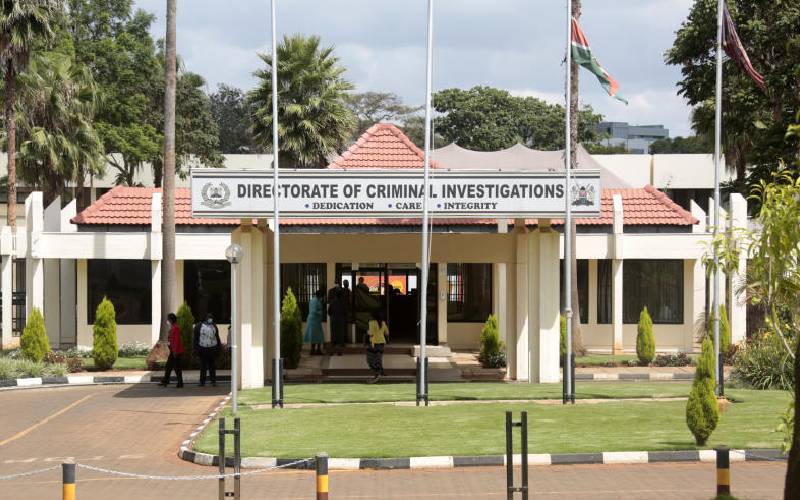×
The Standard e-Paper
Stay Informed, Even Offline

The announcement by the Directorate of Criminal Investigations (DCI) that the State would reopen the 2008 post-election crime files came as a surprise to many people. The question that must have dominated their minds is "why now?’’ Why 12 years later?